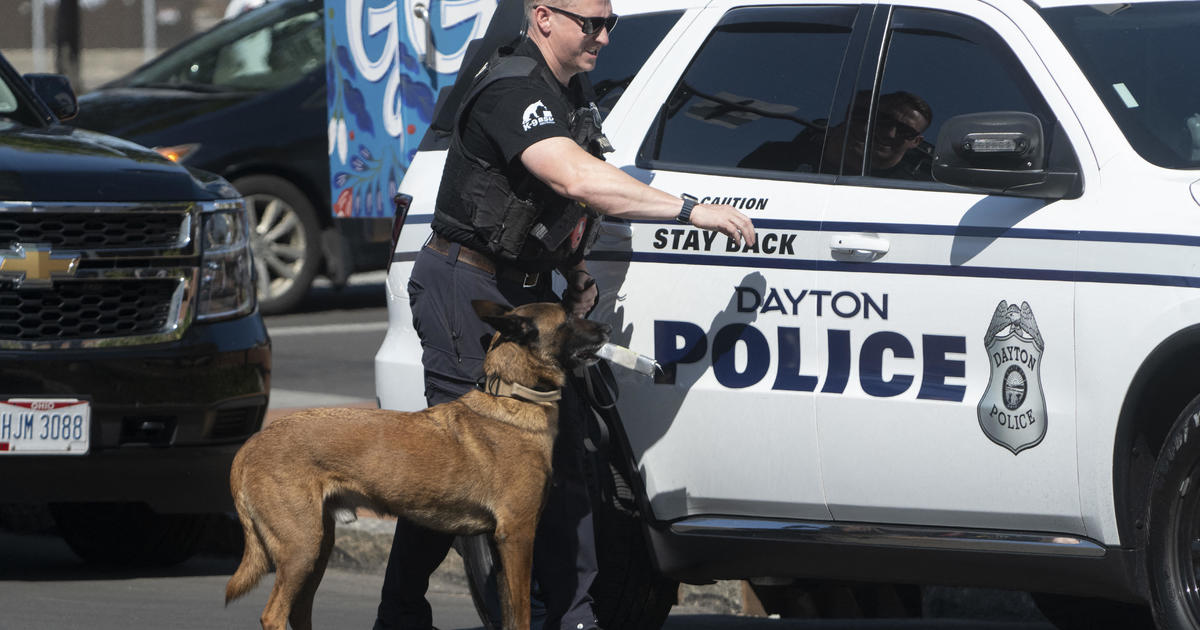The city of Dayton, Ohio, found itself embroiled in controversy after baseless allegations emerged online claiming that immigrants were eating pets. The police department swiftly responded to these claims, stating that there was no evidence to support such accusations and labeling them as “irresponsible.” This statement was issued in response to a video and article that alleged African immigrants in Dayton were seen preparing to grill dead cats. The claims gained traction when prominent figures such as Sen. JD Vance of Ohio and Donald Trump Jr. shared them on social media platforms.
Dayton Police Chief Kamran Afzal made it clear that the department stood by the immigrant community and reiterated that there was no proof to suggest any group, including immigrants, were engaged in such activities. He expressed disappointment in politicians and individuals who spread misinformation to appeal to their constituents, emphasizing the importance of verifying facts before making such serious allegations.
The recent allegations followed similar unfounded claims in nearby Springfield, where it was rumored that Haitian immigrants were abducting and consuming pets. Even former President Donald Trump perpetuated this falsehood during a debate, despite local officials debunking the rumors and stating that there was no evidence to support them. The spread of misinformation regarding immigrant communities engaging in such heinous acts has the potential to stoke fear and division within society.
On Saturday, Sen. JD Vance continued to push the narrative that immigrants were eating pets, further amplifying the unverified claims. His remarks drew criticism, with many questioning the validity of the allegations and urging for a more responsible approach to addressing such sensitive issues.
The new claim was brought to light by Christopher Rufo, a conservative writer and activist, who published the allegations on Substack. The accusations were based on a video posted on social media in August 2023, showing what appeared to be animal carcasses on a grill. The man filming the video insinuated that they were cats, although this was not substantiated with any evidence.
CBS News conducted an investigation into the video and reached out to the individual who originally posted it. However, they did not receive a response. The footage sparked controversy, with many questioning the authenticity of the claims and pointing out that the carcasses resembled chickens rather than cats.
Rufo claimed to have spoken to the person who filmed the video and asserted that they believed the carcasses were feline. He collaborated with IM-1776, an online magazine, to investigate the incident further. A reporter from the publication visited the location where the video was recorded and interviewed neighbors who claimed that African immigrants resided in the building. While the residents’ identities were not verified, the allegations continued to circulate on social media.
The controversy surrounding the alleged pet-eating incidents prompted Dayton Mayor Jeffrey J. Mims, Jr. to issue a statement denouncing the claims as false and dangerous. He emphasized that there had been no reports of such activities and criticized politicians for spreading misinformation that could incite fear and discord within the community.
As the debate surrounding immigrant communities and pet consumption continues to unfold, it is essential to approach these sensitive issues with caution and verify information before sharing it widely. Misinformation can have far-reaching consequences, impacting not only the targeted groups but also the broader societal fabric. It is incumbent upon individuals and public figures to uphold integrity and empathy in their discourse, especially when dealing with contentious topics that have the potential to divide communities.









